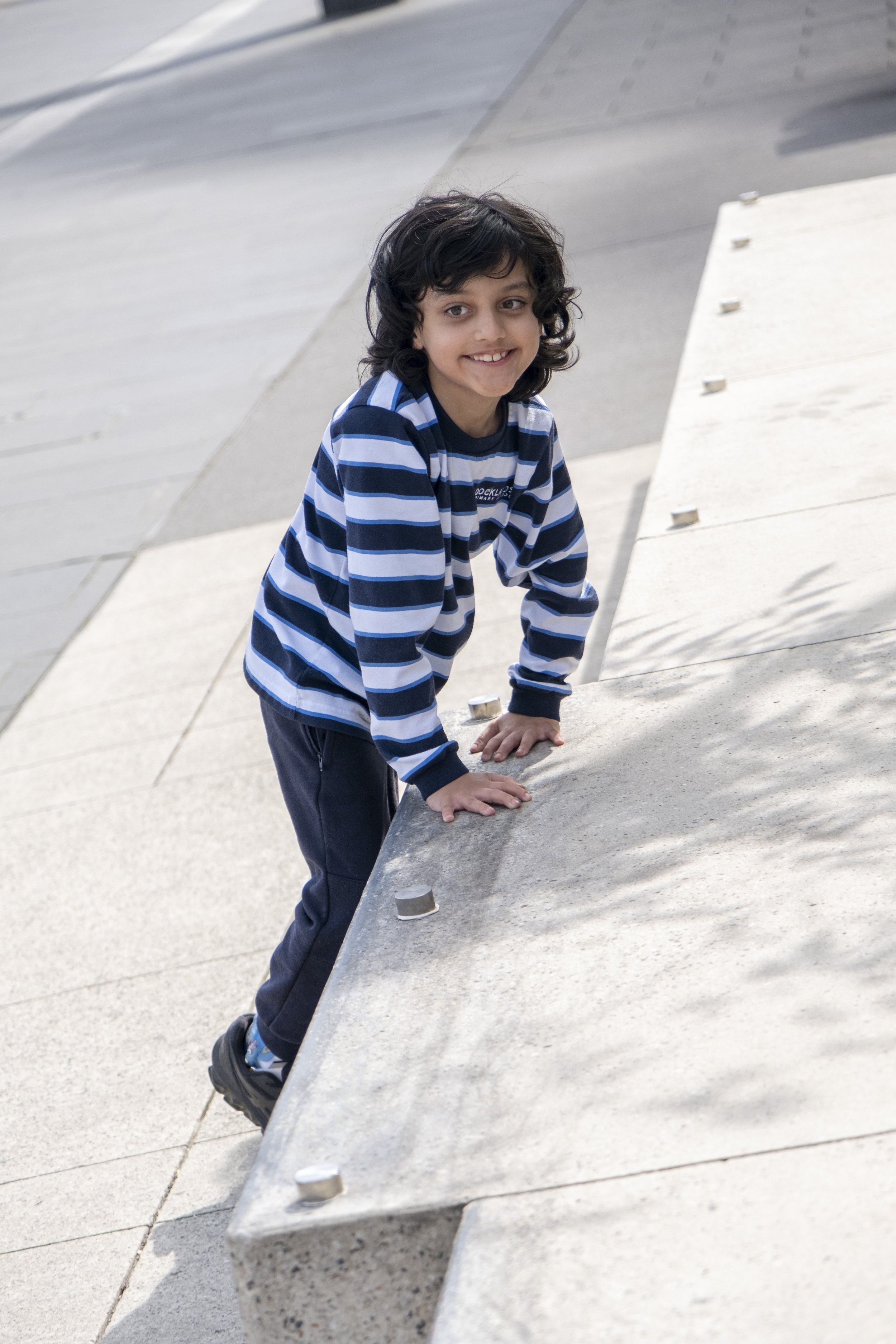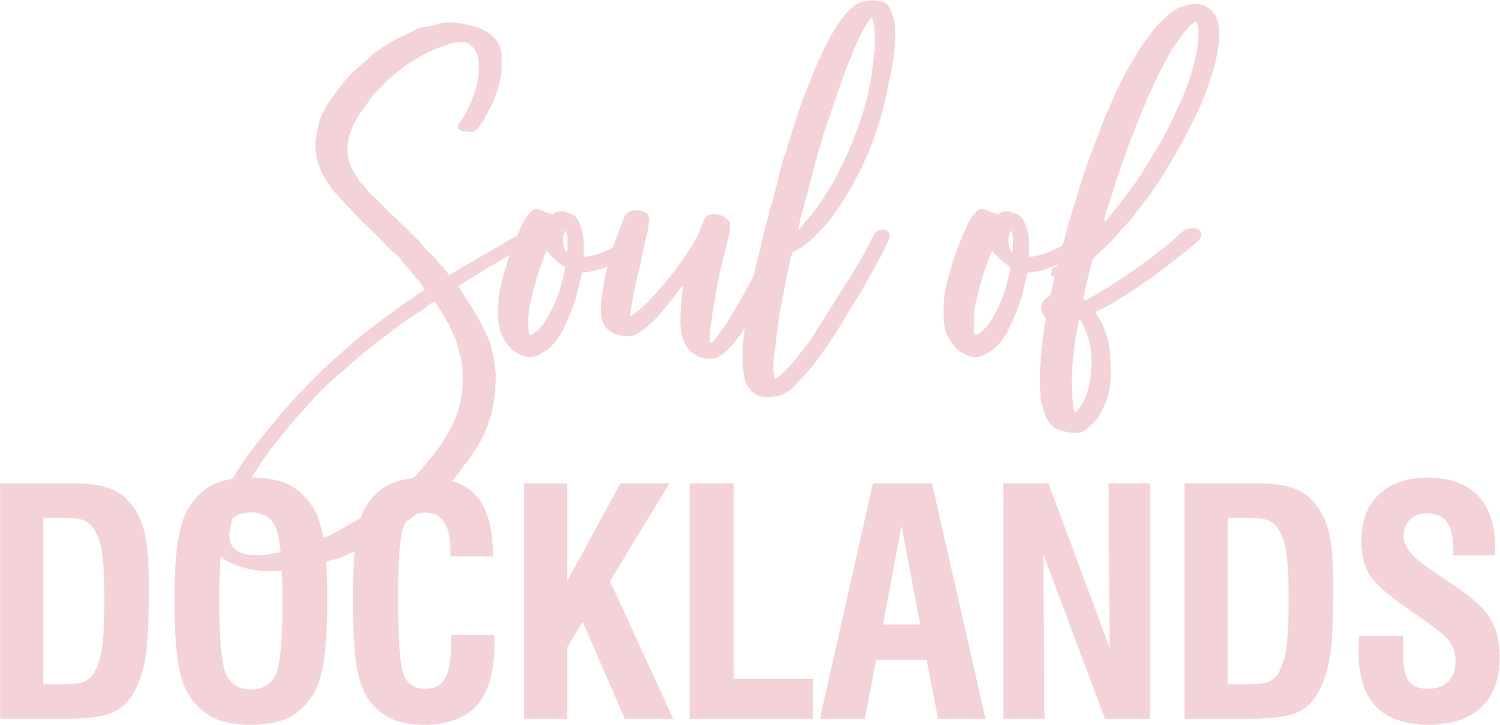“I love Docklands for its vibrant community, diverse culture, and the strong connections.”
DOCKLANDS PRIMARY SCHOOL PARENTS COUNCIL
Rajesh Naik is a project manager living in Docklands, Melbourne, with his wife and son. Originally from India, they moved to Australia in 2017 for work and quickly grew to love Docklands. Rajesh is actively involved in the local community, serving on the Docklands Primary School Parents’ Council, where he advocates for school and community improvements, especially in areas impacting safety and infrastructure. He enjoys the diverse, friendly environment of Docklands, connecting with neighbours, supporting local businesses, and participating in cultural events. Rajesh values the vibrant school and community as the stars of Docklands, envisioning future growth with inclusive infrastructure.
Who is Rajesh?
-
We’re a family of three—I’m from Mumbai, my wife is from Goa, and our son Ishan was born in Bangalore. We moved to Docklands in 2017 when my wife got a project here, and we’ve been in love with this place ever since. I work as a project manager, my wife is in IT, and Ishan is in Grade 2 at ocklands Primary School. We initially came to Australia for work and to explore, without any concrete plans, but once we started living in Docklands, we knew this was where we wanted to stay.
-
When the School Council needed someone to support decision-making collaboratively, I nominated myself and was elected as a representative in 2021. I think people saw me as a good fit because I knew many families at the school. The journey has been incredible; even decisions that seemed small at first turned out to have a significant positive impact on the school. A key issue we addressed was the safety of the Footscray Rd shared cycle path and pedestrian crossing, especially since my son has cerebral palsy. We listened to parents’ concerns and advocated for changes with local and State governments. After some time, we saw improvements like police patrols and new safety signs, leading to greater awareness among cyclists and motorists about the school and its children.
-
The school community has faced numerous challenges since it opened. Throughout COVID and the subsequent lockdowns, forming a cohesive community proved extremely difficult.
Post-COVID, we experienced an unexpected surge in student enrolments, far beyond what planners had anticipated, as many new families migrated to Melbourne. This influx required significant adjustments, including reducing the library to just a single shelf and removing most instruments from the music room, leaving only the guitar and keyboard.
In response, the School Council, Parents’ Association, and proactive community members advocated for more space, writing to local MPs and the Minister about the need for additional funding and infrastructure. I want to highlight Mary Masters, who showed remarkable courage and leadership in bringing attention to the space issue. I primarily supported her efforts by writing letters and participating in meetings.
-
When we arrived in Melbourne, it was purely by chance that we ended up in a private apartment in Docklands. Since moving here, we've witnessed significant changes in both the landscape and demographics. Before COVID, Docklands felt quieter, especially on weekends, though weekdays had a decent working population. Post-COVID, that dynamic has shifted dramatically.
I really enjoy the waterways, the harbor, and the river, along with the easy access to the city via public transport, especially the free tram. Ishan has grown up here, creating a deep attachment to the area. The community is incredibly friendly, and the local businesses are always welcoming. Our neighbours and building staff are supportive, which has made us feel at home.
Living in such a diverse community is amazing; people from all over the world bring their unique experiences and dreams. It's not just about the growing school community—there are also middle-aged families and an increasing number of retirees, enriching the neighbourhood further.
-
We have a wonderful group of Indian friends who come together for Diwali, Holi, and other festivals. With the cricket World Cup final approaching, where Australia will face my home country, India, we’re planning a gathering in one of our building’s lounges to watch the game.
Aside from that, I enjoy catching up with friends over coffee or lunch. I’m the kind of person who loves talking to people, and I’ve made great friends with the concierge and shopkeepers in the area, often stopping by for a chat.
Some of my favourite spots in Docklands include Cargo and Capri Café, as well as the library and Ron Barassi Park. I love strolling along the waterfront—any place by the water is a favourite of mine.
-
When our friends from other suburbs and family from India visit, they absolutely love Docklands. They feel safe and confident exploring the area, even late at night. A little secret I’d like to share is that Evolve College offers $10 student clinic massages on 1-2 weekends each month—definitely worth checking out! For me, the shining light of Docklands is the fantastic school and the wonderful community surrounding it, which have attracted many families and businesses eager to be part of this vibrant area.
One misconception about Docklands is that vertical living is isolating, but that hasn’t been my experience at all. It really depends on the person. I enjoy meeting new people and chatting, and I've made many friends just by talking in the lift or the lobby. Most people in my building engage with each other and lend a hand when needed, creating a supportive atmosphere.
-
I believe long-term planning for Docklands should focus on essential infrastructure, including park management and more community and sporting facilities to foster inclusiveness for people of all abilities. It's crucial that Docklands doesn't revert to its past
state. For example, Central Pier is set to be demolished and replaced, but it’s important that the new development isn’t purely commercial; it should consider the community's needs.
With the growing population, there’s also a clear need for a secondary school.
It's vital for the State government, Docklands stakeholders, and planning council members to engage with the community, understanding their sentiments and priorities. The demands are not extraordinary; they reflect the basic infrastructure available in other Melbourne suburbs. Residents contribute taxes and boost the economy, so it’s the responsibility of planners and government officials to address their needs and not take them for granted. We must plan for the future, with the community at the heart of those discussions.





Learn more about Docklands Primary School.
We put every student on the path to success.



